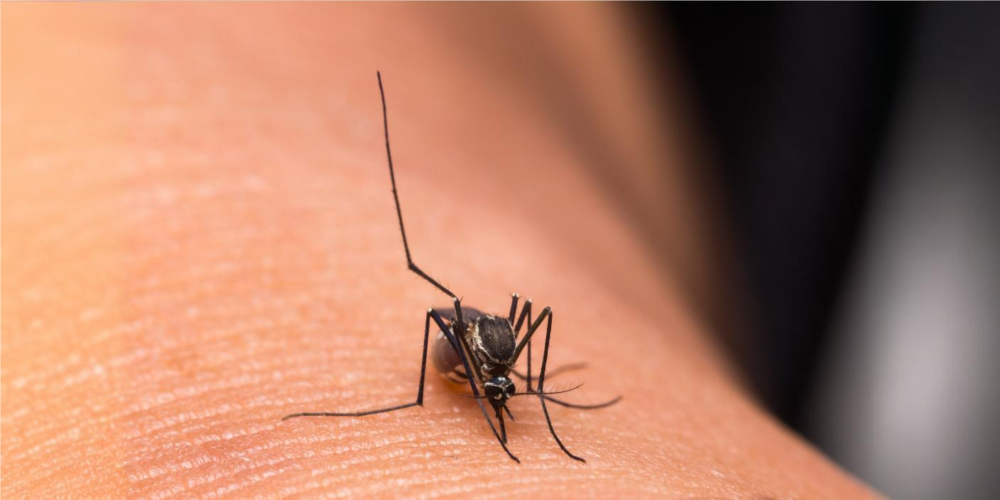FACT CHECK: ACHOO! Should you hold in that sneeze?
When one sneezes, air is expelled out at speeds of up to 1.6 km per hour and can cover up to 30 feet in distance
Author
Author
- admin / 1 year

- 0
- 3 min read

Author
CLAIM:
Holding in a sneeze could be injurious to health.
FACT:
Indeed! Holding in your sneeze can cause injury to some body parts.
One of our First Check readers recently asked us whether holding in our sneeze is dangerous on our newly launched WhatsApp tipline, where people can send in health related claims that they would like the platform to fact-check.
There are many cultural beliefs associated with a sneeze such as the one in Hellenic cultures, where a sneeze is considered an approval from the heavens. However, there are ominous ones, such as the pagan cultural belief that associates a sneeze with invasion by Satan. After the Covid-19 pandemic, sneezing, especially openly in public, became a serious faux pas and the ‘unlucky’ were subject to social derision.
This led to many smothering their urge to sneeze, no matter how pressing, gaining them social acceptability. This, however, has the potential to imperil one’s health by causing serious injury.
To understand the harmful effects of holding-in one’s sneeze, one needs to gain a surface-level understanding of the not-so-simple reflex mechanism that the body initiates in the build-up to a sneeze.
Sneezing is the body’s way to get rid of unwanted entities, such as dust particles and disease-causing pathogens that irritate our nasal tracts. Upon detecting their presence in the upper respiratory tract, there’s a coordinated response by organs comprising the nose, mouth, throat, and the voice box to expel air through the respiratory tract. At the same time, the brain activates a series of synced muscular responses in the stomach, chest, and the head regions. These responses come together to create the perfect sneeze.
When one sneezes, air is expelled out at speeds of up to 1.6 km per hour and can cover up to 30 feet in distance.
However, when one muzzles one’s urge to sneeze, one ends up holding bacteria that the body is trying to discharge. While this itself could lead to proliferation of bacteria inside one’s respiratory tract, it has also been known to damage blood vessels, sinuses and eardrums.
In the build-up to a sneeze a significantly high air pressure builds up in the lungs to generate momentum to expel irritants out of the nasal passage. If the sneeze is suppressed this pressurised air is forced back through the Eustachian tube, a tube that connects the middle ear to the throat and nasal cavity, into the middle ear cavity. One may experience ear popping, similar to what one experiences in an airplane. This could be symptomatic of middle and inner ear damage, and that of a ruptured eardrum.
The risk of hearing loss is minimal though not completely absent. Further, one may have the perception of having skipped a heartbeat.
Other potential injuries could include injury to the Diaphragm, ruptured blood vessels in the eye and ruptured or weakened blood vessels in the brain.
So while it might be polite to hold in that sneeze, for your health’s sake let it rip! Just remember to cover your mouth when you do so!
Also read: FACT CHECK: Will a concoction of onions in Coca-Cola help manage diabetes? – First Check









